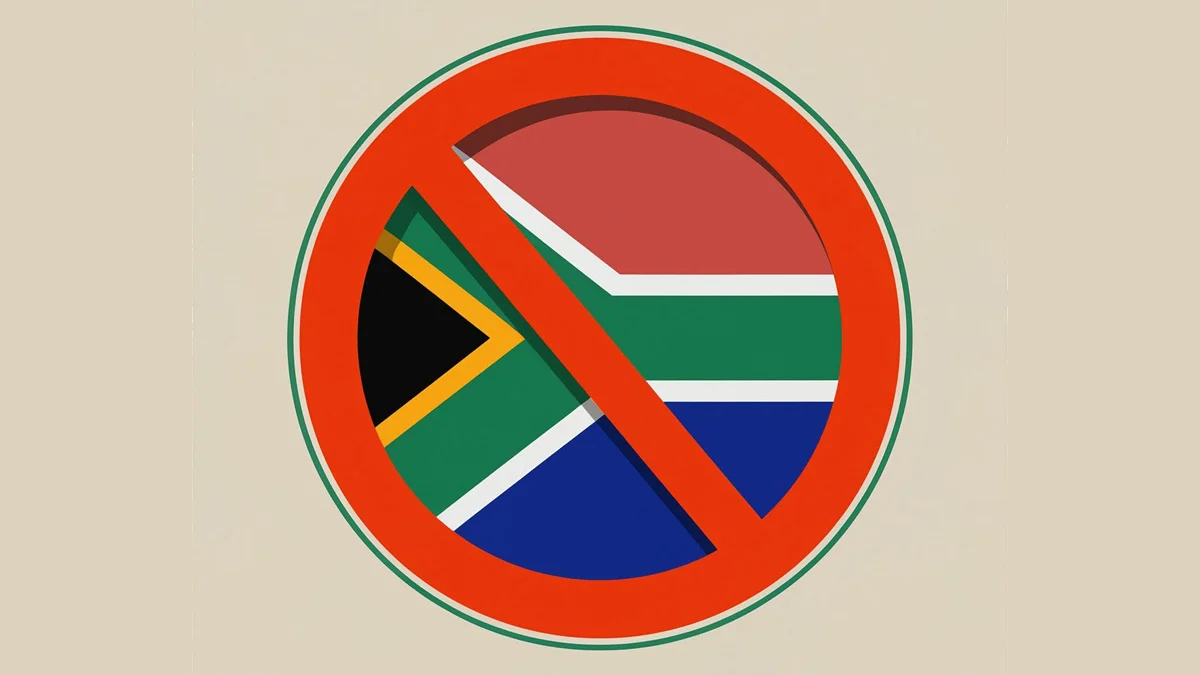
Amidst mounting concerns within South Africa’s tourism industry, the recent directive from the Department of Home Affairs urging foreign tourists to depart by the end of February has sparked widespread apprehension. This move, deemed nonsensical and potentially damaging by industry leaders, threatens to exacerbate the challenges faced by South Africa’s already ailing economy.
David Frost, CEO of the Southern African Tourism Services Association (SATSA), expressed dismay over the directive in an interview with eNCA. He emphasized the detrimental impact such a decision could have on the tourism sector, which plays a pivotal role in the country’s economic landscape.
Prior to the COVID-19 pandemic, South Africa welcomed approximately 2.6 million tourists, with a significant majority—77%—hailing from North America and Europe, according to Frost. Many of these tourists arrive on 90-day visas, which can be extended through a renewal process. However, a directive issued by the Department of Home Affairs on 21 December 2023 has thrown a wrench into this process.
The directive stipulates that tourists awaiting the outcome of their visa renewal applications must leave the country by the end of February 2024 if they haven’t received a decision by 23 February. This decision stems from the backlog and prolonged processing times for visas at the Department of Home Affairs, a situation characterized by Frost as short-sighted.
In light of these developments, Frost advocated for a more pragmatic approach, suggesting the issuance of six-month visas to visitors from the outset to mitigate the impact of processing delays. He underscored the critical role of tourism in bolstering the economy, emphasizing the urgent need to retain foreign visitors and their valuable contributions.
Frost highlighted the precarious state of South Africa’s economy, citing challenges such as load shedding and logistical crises. He stressed that, amidst these difficulties, tourism remains a vital economic lifeline for the country. Urging against the directive to compel tourists to leave, Frost warned of the detrimental consequences it could have on both the economy and the tourism sector.
Moreover, Frost pointed to longstanding concerns regarding the Department of Home Affairs’ efficacy in fulfilling its duties. He cited examples from past years, illustrating how bureaucratic inefficiencies have hindered South Africa’s ability to attract and retain visitors. The comparison with countries like Australia, which have successfully managed visa processing and visitor influx, serves as a stark reminder of the consequences of administrative shortcomings.
The Democratic Alliance echoed Frost’s sentiments, condemning the directive as detrimental to South Africa’s tourism industry. Angel Khanyile, a Member of Parliament for the DA, underscored the potential loss of millions in revenue resulting from the inability of tourists to extend their visas during peak seasons. The party has called upon the Minister of Home Affairs to reconsider the directive and implement measures to alleviate the burden on tourists awaiting visa extensions.
In conclusion, the directive from the Department of Home Affairs urging foreign tourists to depart South Africa by the end of February has elicited widespread concern within the tourism industry. As stakeholders sound the alarm over the potential economic ramifications, calls for a more pragmatic and visitor-friendly approach grow louder. In navigating the challenges posed by administrative bottlenecks, ensuring the sustainability of South Africa’s tourism sector remains paramount.
This website uses cookies.